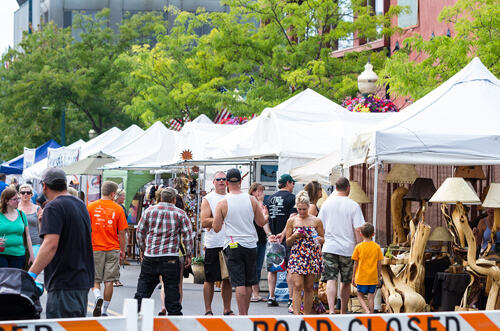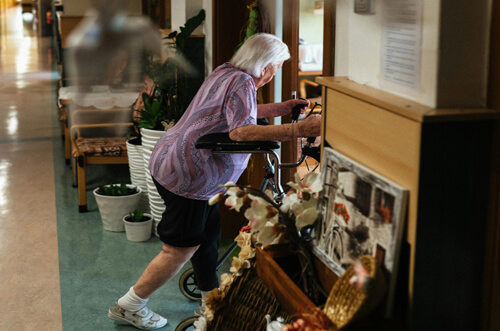
Preventing Theft From Your Non-Profit
You hear about it on the news and are shocked—a treasurer of a PTA or Little League was arrested for stealing tens of thousands of dollars from the nonprofit. In one case, the volunteer treasurer of both a youth soccer association in Anaheim and the International Seafarers Center in Long Beach was charged with stealing more than $1 million from the organizations. In another case, the treasurer of Girl Scout troops in Santa Clarita who also served in the same capacity at the Beverly Hills Cancer Center, was arrested for embezzling more than $88,000.
Most non-profits are run by volunteers who are focused on their mission—raising money for a cause or helping with youth sports teams, kids groups or service organizations. Stealing from their organization would be unthinkable for most, but not all.
People steal from nonprofits for all sorts of reasons—opportunity, personal financial difficulties, gambling or addiction problems.
Better Oversight. People charged with stealing from a nonprofit were most often in a position (usually treasurer) where they had sole control over the money going in and out of the organization. Eliminate this risk by including safeguards in the organization’s bylaws. Require two signatures on checks. All credit card charges must be approved in advance and written documentation (receipts) must be turned into the board. Profit and loss statements can be doctored by the would-be embezzler so the actual monthly bank and credit card statements must always be available for review and approval by the board.
Secure Cash Proceeds. Many nonprofits hold or participate in events to raise money for their cause. Whether it’s selling food, drinks or souvenirs, most of the transactions are in cash. At least two people should be required to oversee the money aspects at these concession stands. Whenever cash is taken from the booth and deposited at the bank, two people should count the money and fill out the deposit slip. A record of cash receipts should be kept for later review. A security guard can escort the volunteer(s) who are making the bank deposit to their car.
Security Patrol. A security guard should be present at concession stands selling alcohol—usually one of the biggest moneymaking stands at an event. Besides looking out for under-age drinkers and intoxicated patrons, guards can also make sure no one is pocketing the large amounts of cash changing hands. They can also guard concession stands with big-ticket items—to spot shoplifters as well as prevent inside theft.






Leave a Comment